Pakistan's economy is facing uncertainty and financial woes due to political instability, skyrocketing debt, unchecked spending, and poor credit performance, hindering its ability to secure funding and recover from the impacts of the pandemic, while the threat of climate change exacerbates the situation, leaving no end in sight for the country's financial troubles.

Bank of Canada Governor Tiff Macklem acknowledges that the central bank underestimated the inflationary risk caused by supply shocks and elevated consumer demand during the COVID-19 pandemic, and highlights the need for better calibration of economic models and improved communication with the public regarding monetary policy decisions.
Federal regulators are expressing concerns about commercial real estate due to decreased demand for office space and high interest rates, which could potentially lead to economic trouble for lease holders and smaller banks.

Russia has completed its promise to ship 200,000 metric tonnes of free grain to six African countries, fulfilling President Vladimir Putin's commitment made at the Russia-Africa summit in July.

China's new financial regulator pledges transparency, stability, and openness to restore investor confidence and make China a "financial superpower."
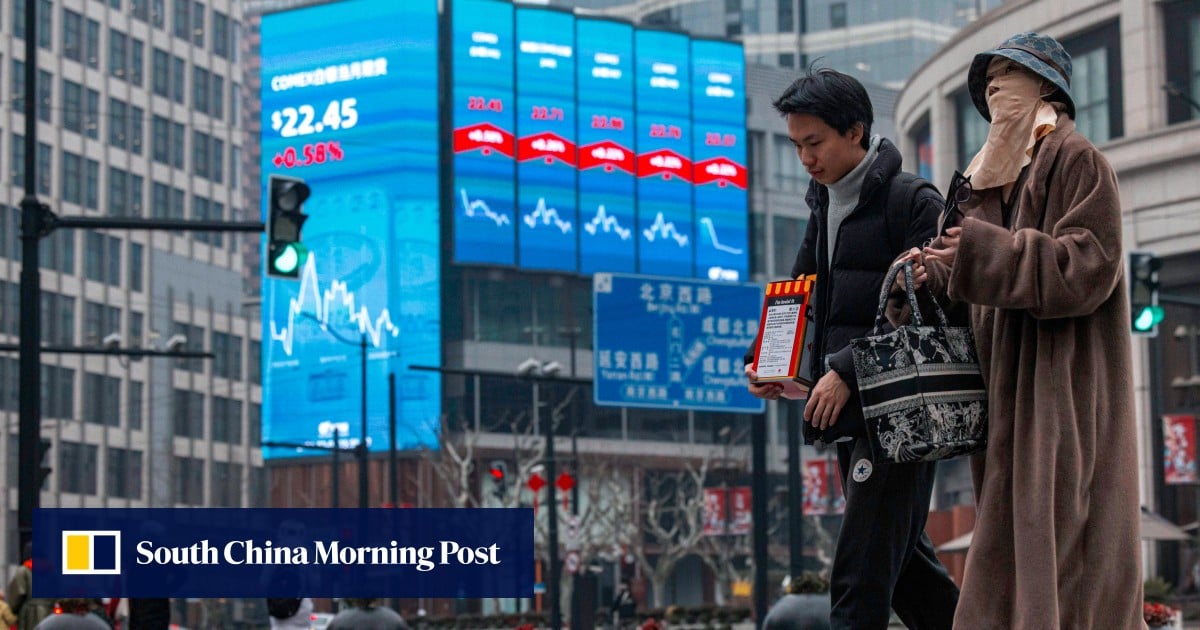
Japan's economy has fallen to the fourth largest in the world, behind Germany, due to a shrinkage in the last quarter of 2023, caused by a weaker yen, declining population, slowing productivity, and competitiveness, as well as stagnating wages and investment in foreign economies.
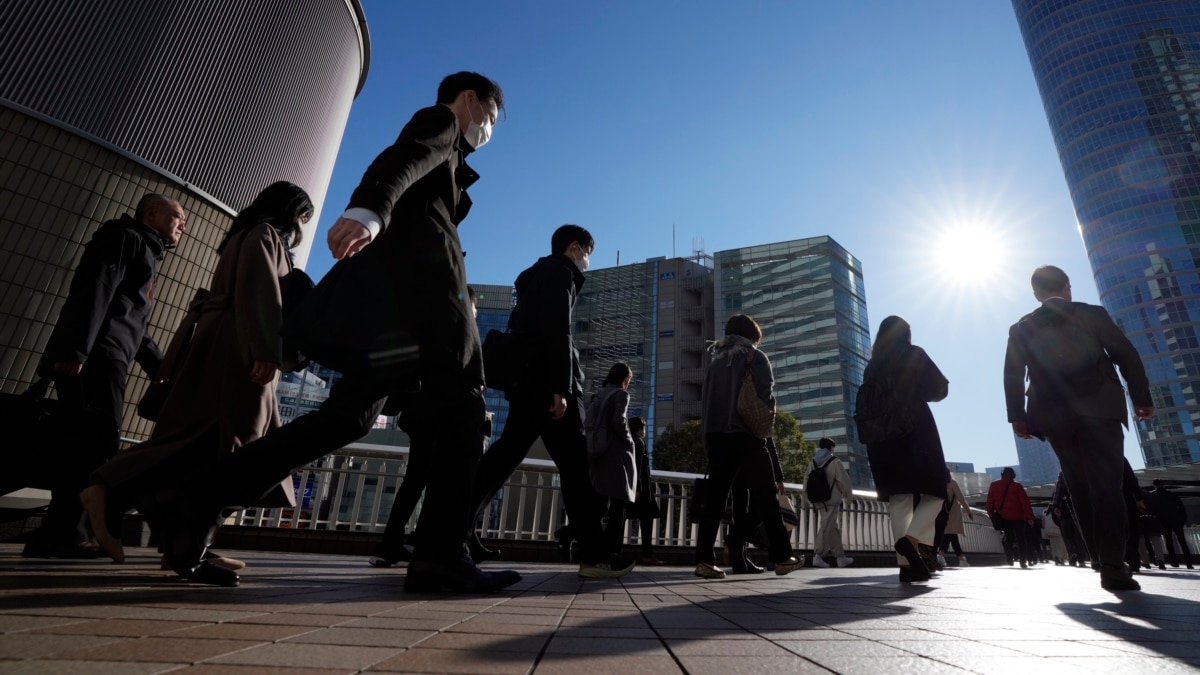
The United States is facing a fiscal crisis due to ballooning deficits and a lack of effort to decrease them, according to economist Olivier Blanchard, with concerns raised over the huge deficit seen last year and the country's growing government debt.

The Conference Board's Leading Economic Index fell to its lowest level since April 2020, suggesting "near-to-zero" real GDP growth in the coming quarters despite no immediate recession forecasted.
Certificates of deposit (CDs) are a good option for saving money for specific goals, with some CDs offering returns that outpace inflation, such as the 15 options listed in the article with APYs over 5%.
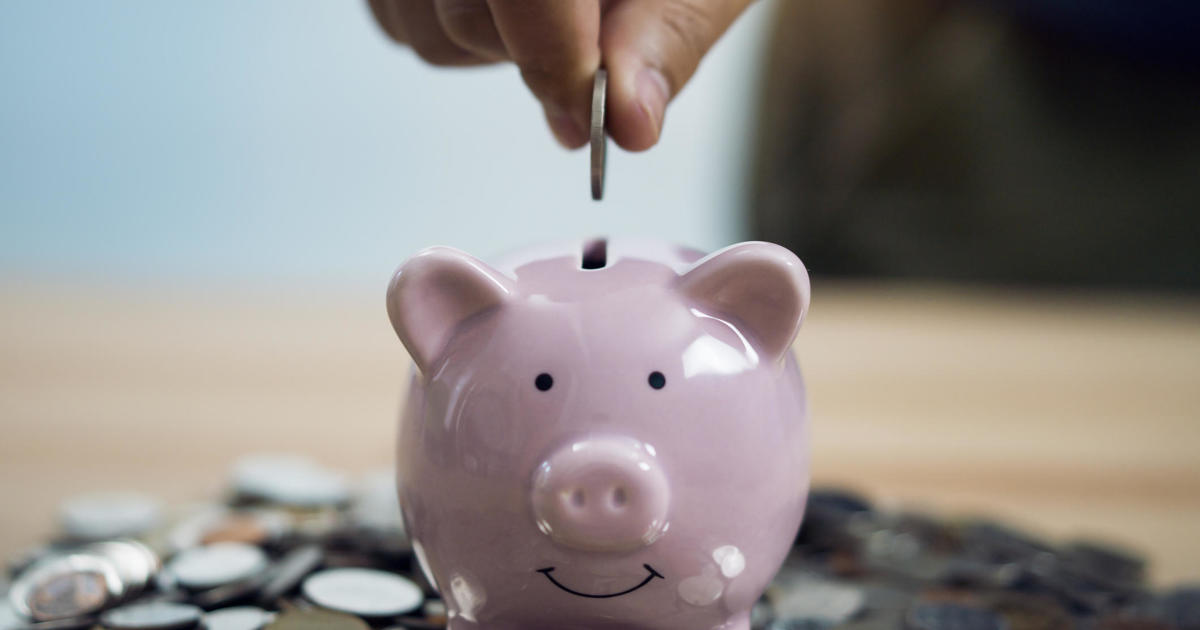
Companies are closely monitoring the Federal Reserve's interest rate strategy to determine if it is favorable for the M&A environment as global dealmaking activity increases in 2024.
Services inflation in the United States decreased slightly in January 2024, but remains a significant risk to the Federal Reserve's interest rate cut forecasts, according to Global X Senior Portfolio Strategist Michelle Cluver.
Former Treasury Secretary Larry Summers warns investors not to rule out a surprise rate hike by the Federal Reserve, citing stubbornly high inflation and recent data that indicates the potential for further increases in interest rates.

As Pennsylvania experiences the highest grocery inflation rate in the country, a Philadelphia-based food supplier warns that customers are resisting higher prices and buying less volume, leading to tighter product availability.

A new study by personal finance website SmartAsset reveals that the purchasing power of a $100,000 salary in the U.S. varies significantly depending on location, with cities in the South and Midwest offering the greatest value and cities in the West and Northeast offering the lowest. El Paso, Texas has the highest purchasing power for a $100,000 salary, while New York City has the lowest. Inflation is also significantly impacting the affordability of goods and quality of life for American households.

Transitioning to a net-zero economy will be much more expensive than anticipated, with substantial fiscal costs and the need for increased borrowing, according to top economists. It is unrealistic to think that the transition will pay for itself, and the public must be made aware of the significant financial burden involved.

The Panama Canal Authority is facing a chronic water crisis, with water levels in Gatún Lake dropping significantly, leading to income losses, shipping delays, and increased costs, while climate change and geopolitical conflicts pose further challenges to global trade.
/cloudfront-eu-central-1.images.arcpublishing.com/prisa/NVICYEXN5FGNNGINGZUKRWHQJU.JPG)
The US Treasury has warned China that flooding global markets with cheaper goods to boost its struggling industrial sector could lead to action from other countries, amid concerns over Chinese industrial subsidies and potential dumping of low-cost products.

Americans believe that the average day is worth $134 and would feel more financially free with an additional $270 each day, according to a survey of 2,000 U.S. adults. Many define financial freedom as having no debt, but only a third of Americans currently feel financially free, with the average American making only about two-thirds of the salary they would need to feel financially free. Debt worries are a frequent concern, with the average person thinking about them 120 times every month, and taking steps towards financial freedom includes paying off debts, spending less, and saving.

India's retail inflation decreased to a three-month low of 5.1% in January, with expectations that inflation may stabilize and decline further, although pressures from cereals and proteins remain a concern, according to the Reserve Bank of India.

China is cutting borrowing rates for homebuyers in an effort to boost the struggling housing market.

Investors in interest rate options are increasingly buying "receiver swaptions" to benefit from a potential sharp slowdown in the US economy, reflecting concerns about the economic outlook and pricing probabilities skewed towards a hard landing, along with elevated volatility compared to Europe.

South Africa's unemployment rate reached 32.1% in Q4 of 2023, with 7.9 million unemployed people, posing a challenge to the ruling African National Congress (ANC) ahead of the upcoming elections.

In 15 major US cities with high living costs, earning a $100,000 income is only enough to qualify as 'lower middle class', with even $150,000 not considered fully middle class in some areas, as inflation and rising costs of groceries, housing, childcare, and transportation affect high-income families.

The leading recession indicator has reversed its signal for an economic downturn but still reveals ongoing economic challenges, with expectations of slower GDP growth in the near term. Additionally, inflation expectations may become self-fulfilling if price increases remain stubbornly high, leading to a potential wage-price spiral and further inflationary pressure.
:max_bytes(150000):strip_icc()/INV_PPI_GroceryShopping_GettyImages-1452147701-9e908c284dfb412a94415a2d5fb91bee.jpg)
Consumer sentiment in the US is on the rise, with the monthly survey by the University of Michigan reaching its highest mark since 2021, suggesting that the "American vibes recession is over," which could potentially benefit President Biden.
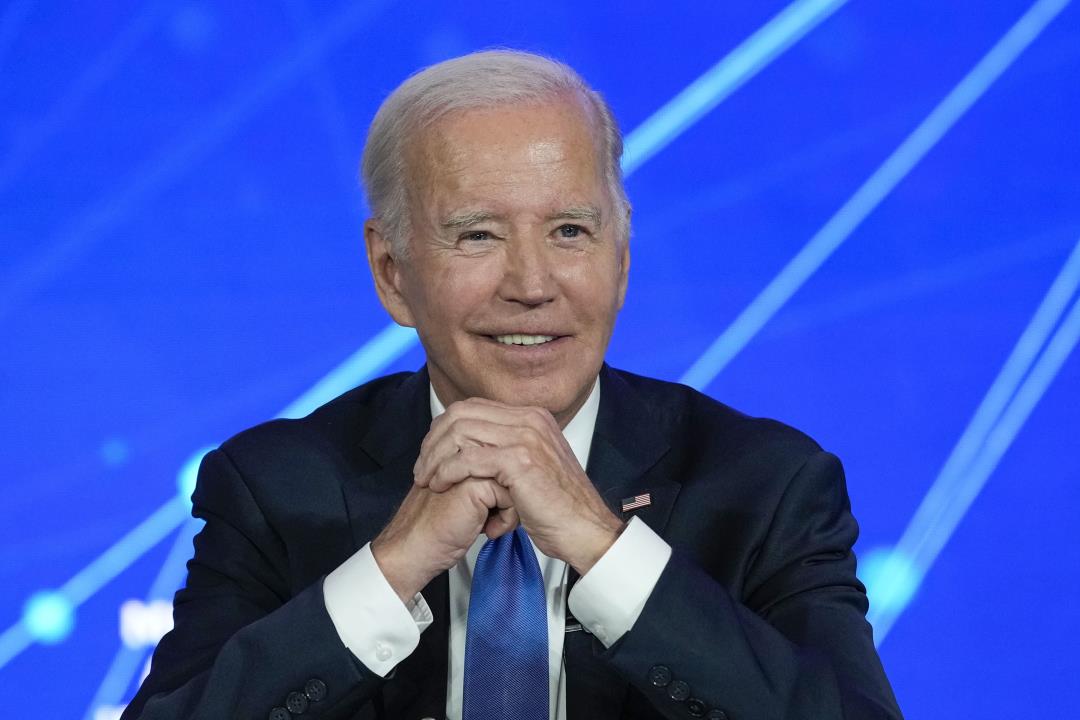
Foreign business investments in China have reached a three-decade low, indicating hesitation due to Beijing's restrictive policies, geopolitical tensions, and an unpredictable business environment.
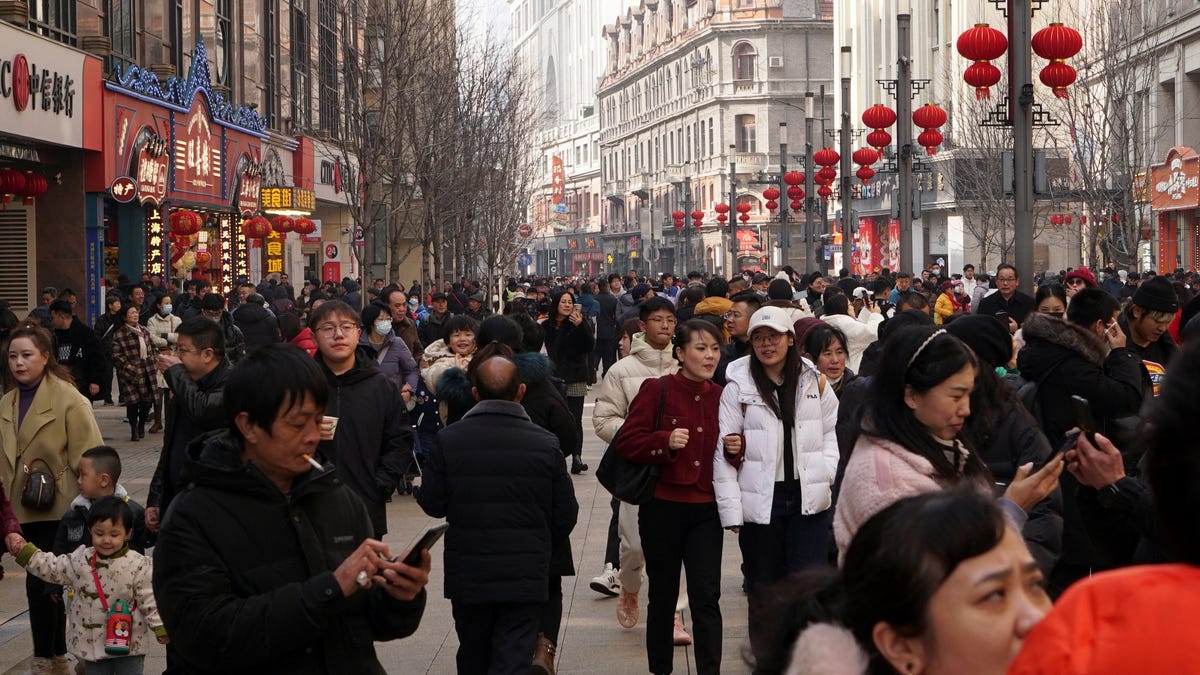
Bank of England Governor Andrew Bailey suggests that the UK's economic recession is relatively mild compared to past recessions and is likely already over.

The leading indicators of the economy fell for the 22nd consecutive month in January, but there are positive signs and the U.S. does not appear to be heading towards a recession; however, economists warn that if the Federal Reserve doesn't change its approach, the odds of a recession may increase.

Low minimum wage levels in African countries have a significant impact on their economies, with four out of the five countries with the lowest minimum wage worldwide being African.
Bank of England Governor Andrew Bailey has stated that the UK recession may already be over and there are distinct signs of an upturn, making it the weakest recession by historical standards.

Saudi Arabia is resorting to borrowing and selling shares in state oil company Aramco to fund its ambitious Vision 2030 projects aimed at diversifying the economy away from fossil fuels and becoming a global technology and innovation hub, with the country's cash reserves currently at their lowest level since December 2020, according to The Wall Street Journal.
Citi economists believe that a hard landing, rather than a soft landing, is more likely for the U.S. economy due to factors such as elevated inflation and a softening economy.

Human rights lawyer Femi Falana has explained that several laws in Nigeria impose a duty on the government to regulate and control prices of fuel and goods, in response to the rising costs of living and the impacts of government policies on the country's economy.
Chinese President Xi Jinping has emphasized the need for economic reforms to overcome institutional obstacles and boost confidence in China's economy, ahead of the highly anticipated third plenum of the Central Committee.
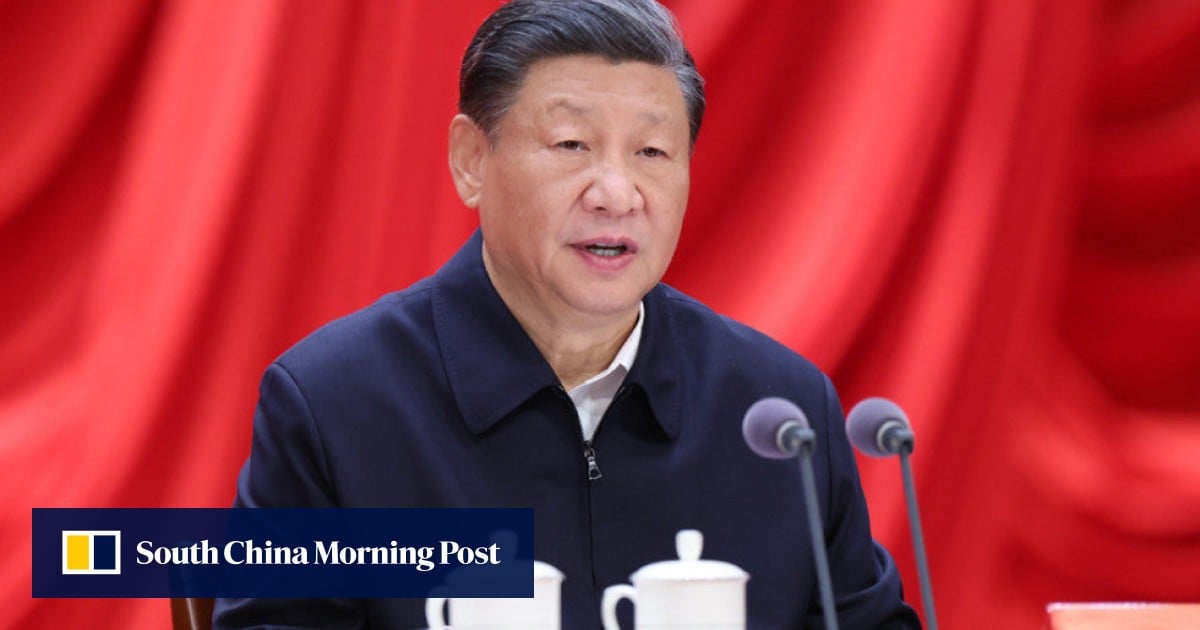
Food companies are expecting smaller price increases this year, indicating a potential slowdown in rapid food inflation, although it does not necessarily mean that grocery bills or restaurant checks will decrease.

The shekel is weakening against the dollar and the euro, which could potentially lead to an interest rate cut by the Bank of Israel Monetary Committee next week due to Israel's catastrophic growth figures for the fourth quarter of 2023.

Tata Group, an Indian conglomerate, has reached a market cap of $365 billion, surpassing the entire GDP of Pakistan, highlighting the economic crisis faced by Pakistan with its high debt-to-GDP ratio, low foreign exchange reserves, and soaring inflation.

A study from SmartAsset shows that the purchasing power of a $100,000 salary is significantly reduced in high-cost cities like Manhattan and San Francisco, while it goes the furthest in places like El Paso, Texas.
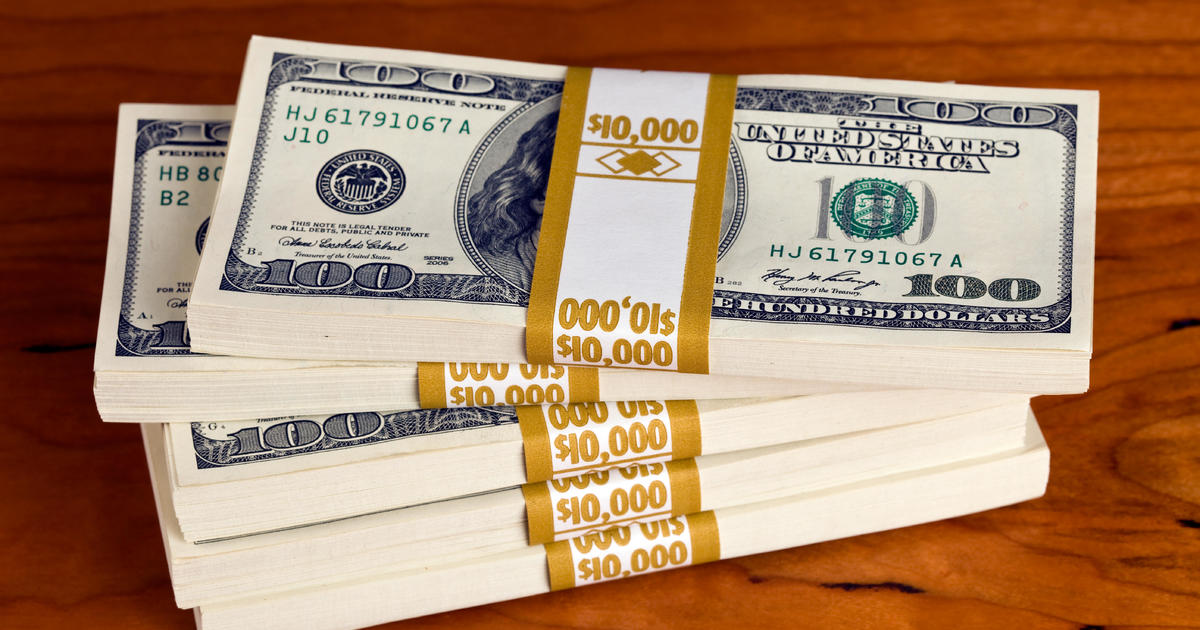
Wall Street returns to a mix of interest rate cut doubts, retailer updates, and the largest U.S. corporate deal of the year, while China's recent monetary easing has been overlooked by global markets.

Philadelphia-based food supplier TMK Produce is warning that the struggle against high inflation is not over, as consumers continue to resist higher prices and reduce their purchase volume. Pennsylvania experienced the highest grocery inflation rate in 2023, with an 8.2% increase year-over-year, leading to increased costs for families purchasing groceries in the state.

South Korea's planned cuts to the research and development budget are causing concern among early-career scientists, who are already facing funding and job security challenges. The cuts could impact the country's research outcomes and the future development of professionals in science and technology.

The US economy has undergone a rollercoaster ride in the past four years, starting with a pandemic crash and recession fears, followed by record high stock markets and an economic boom, driven by factors such as lockdowns, shortages, inflation, day trading, and AI, leaving uncertainty about what lies ahead in 2024.
The Dutch TTF benchmark for European gas prices has sharply dropped by over 50% compared to the previous year, due to factors such as warmer temperatures, decreased demand for natural gas, and the strong performance of renewable energy sources and nuclear power generation. Bank of America and Goldman Sachs predict that gas prices will continue to decline, but there are potential risks that could lead to price increases. Furthermore, although Europe has comfortable storage levels, the energy crisis is not fully resolved, and gas prices remain susceptible to supply disruptions or spikes in demand during winter.
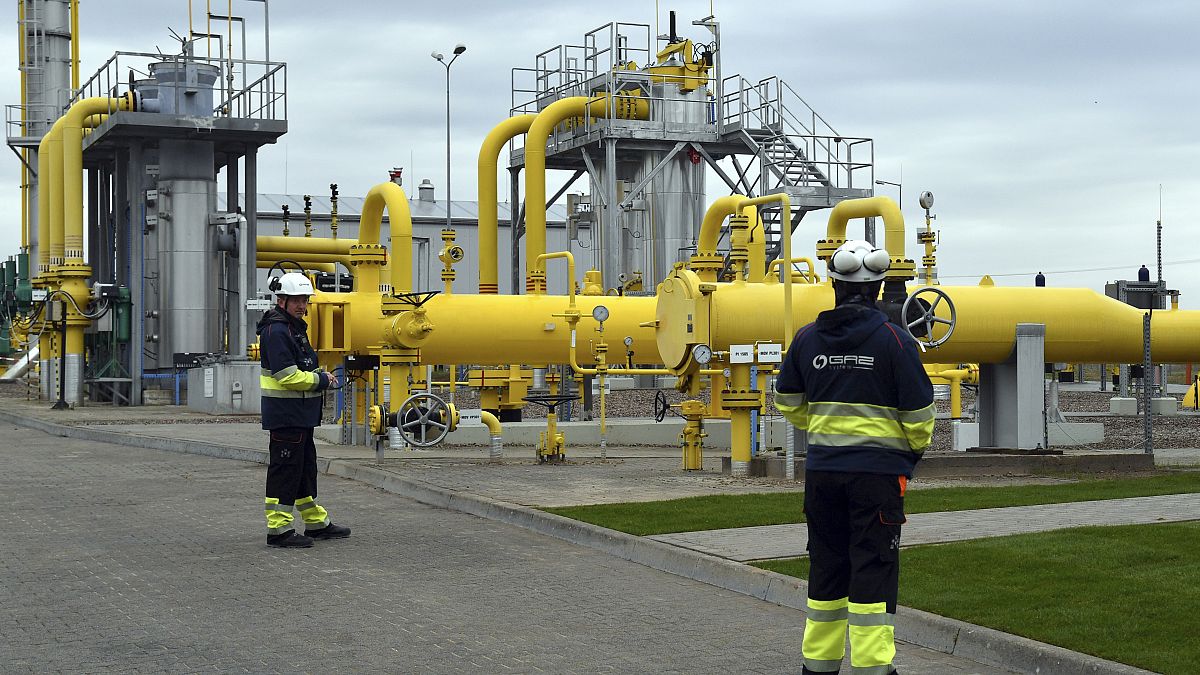
The growth of a precarious middle class in Britain is driven by an insecure jobs market and high housing costs, with one in three middle-income earners at risk of not maintaining their income next year, according to a report by abrdn Financial Fairness Trust. The report highlights particularly acute problems for single parents and calls for measures to improve employment security and protect tenants in the private rented sector.

The Bank of England expects the upcoming recession to be very small and believes that the economy is already showing signs of an upturn, according to Governor Andrew Bailey's testimony to MPs. The Bank is looking for indications that inflation persistence is easing before considering interest rate cuts. The pound slipped to a one-month low against the euro, suggesting that traders are pricing in earlier rate cuts. Bailey also defended the Bank's independence and dismissed claims that tax cuts would be inflationary.

China has implemented its largest-ever cut to a key mortgage reference rate, signaling increased support for the troubled property sector and raising expectations for further measures to boost the economy.

China's central bank has cut its 5-year loan prime rate in an effort to ease pressure on the property market, marking the first time this rate has been cut since May and the largest cut on record; state-owned banks have also announced plans for billions of dollars worth of loans to support struggling developers following a crackdown on excessive borrowing.
The Canadian Consumer Price Index is expected to rise 3.3% year-on-year in January, potentially affecting the timing of a Bank of Canada rate cut and impacting the value of the Canadian Dollar.
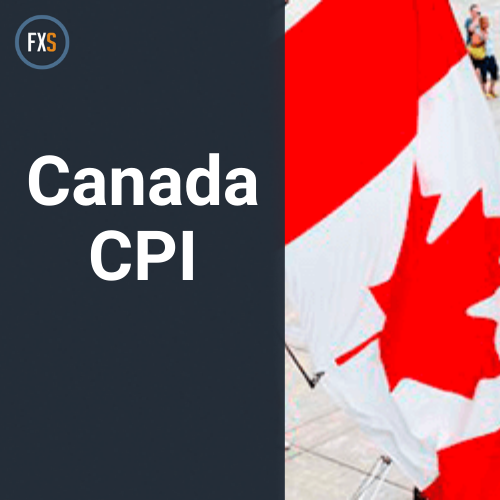
Thailand's Prime Minister has asked the central bank to hold an unscheduled meeting to cut interest rates, expressing concern over the nation's economy, causing tension between the premier and the central bank chief.

Hong Kong residents are flocking to the nearby city of Shenzhen in China to take advantage of lower prices, better service, and delicious food, with some even seeking dental treatments that are significantly cheaper than in Hong Kong.
